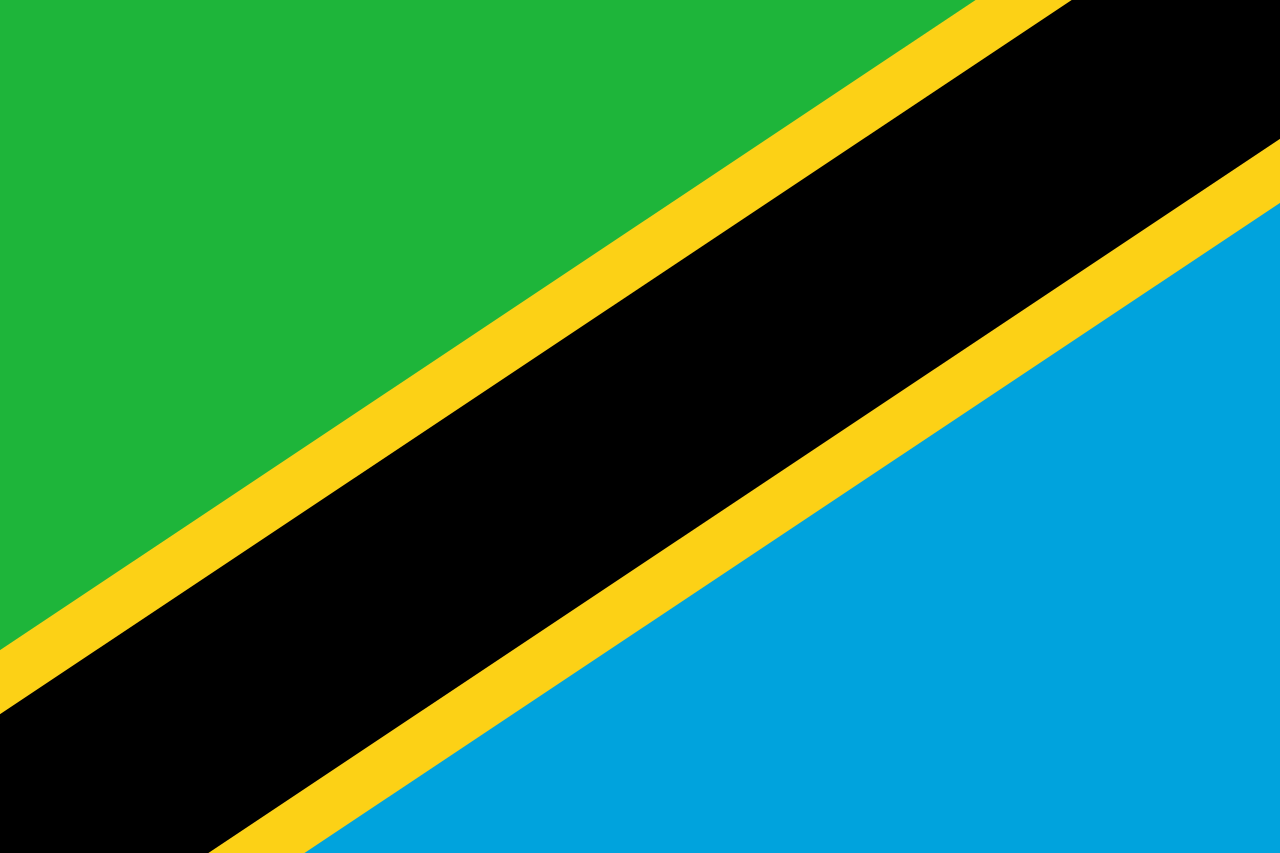Footage emerged in northern Tanzania of what appears to be members from the Maasai community being removed from the land surrounding their village.
The images were shot last week, a few days before the Tanzanian authorities announced that the first group of Maasai families had left the Ngorongoro Conservation Area as part of a programme of voluntary relocation in order to alleviate pressure on the local environment.
Human rights activists denounced the programme as forceful evictions.
"We are here and we are tired. We ran away, the three of us and we were ambushed by the military - I can say it was the military. They got out of their vehicles and started beating us. I personally tried to plead with them: 'My fellow Tanzanians, do not kill us. Why are you killing us? This land belongs to our grandparents", denounced a Maasai elder.
The confrontations erupted after Maasai community members noticed Tanzanian authorities marking off land reportedly for a game reserve.
Tanzanian authorities, including the tourism minister and prime minister, have said the goal for the disputed area is conservation and alleged that the growing number of Maasai and cattle on the land could put it at risk.
According to experts, the planned game reserve would take up 1,500 square kilometres of 4,000 square kilometres designated as village land, meaning up to 70,000 Maasai could be displaced.
The entire Ngorongoro Conservation Area is a UNESCO World Heritage Site. - Africanews






